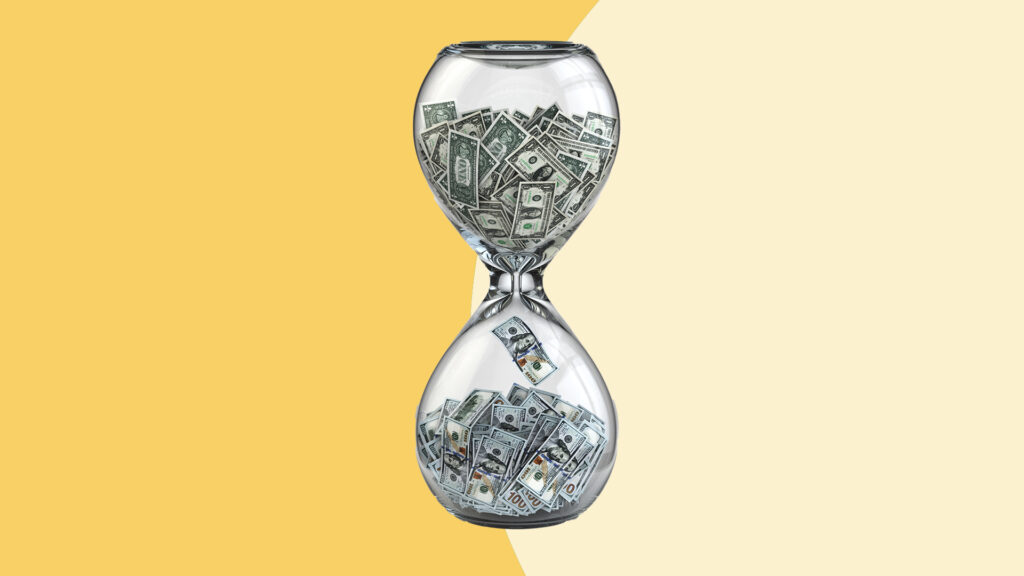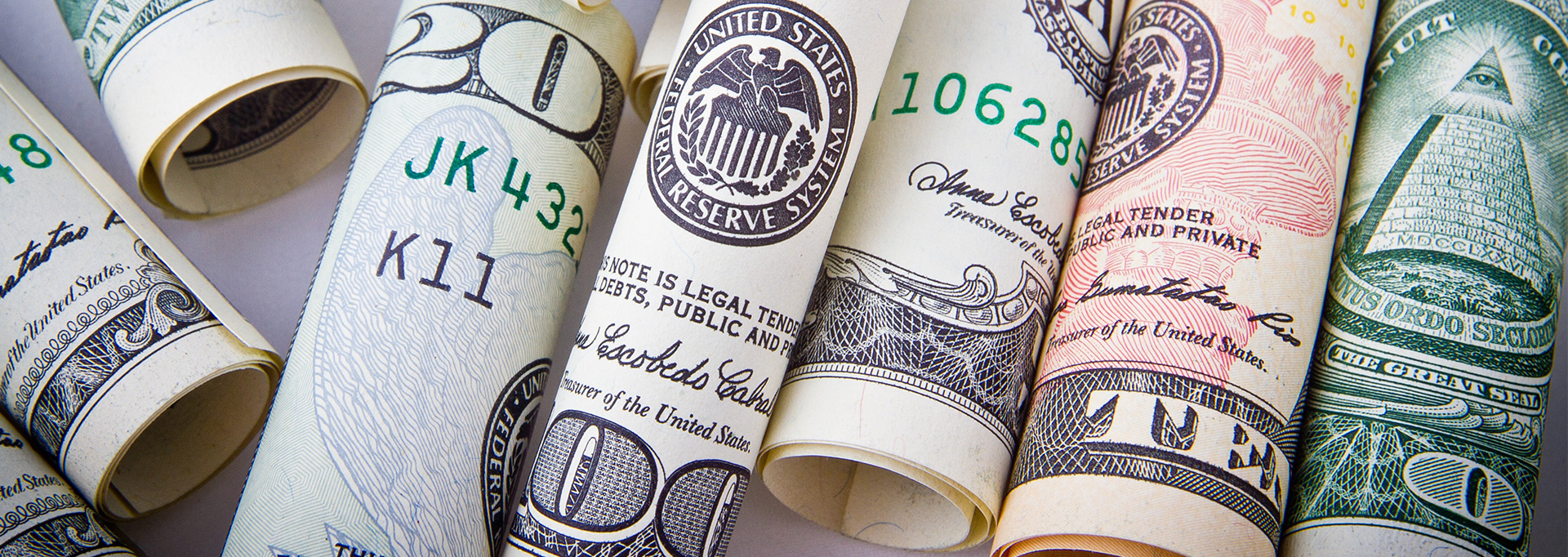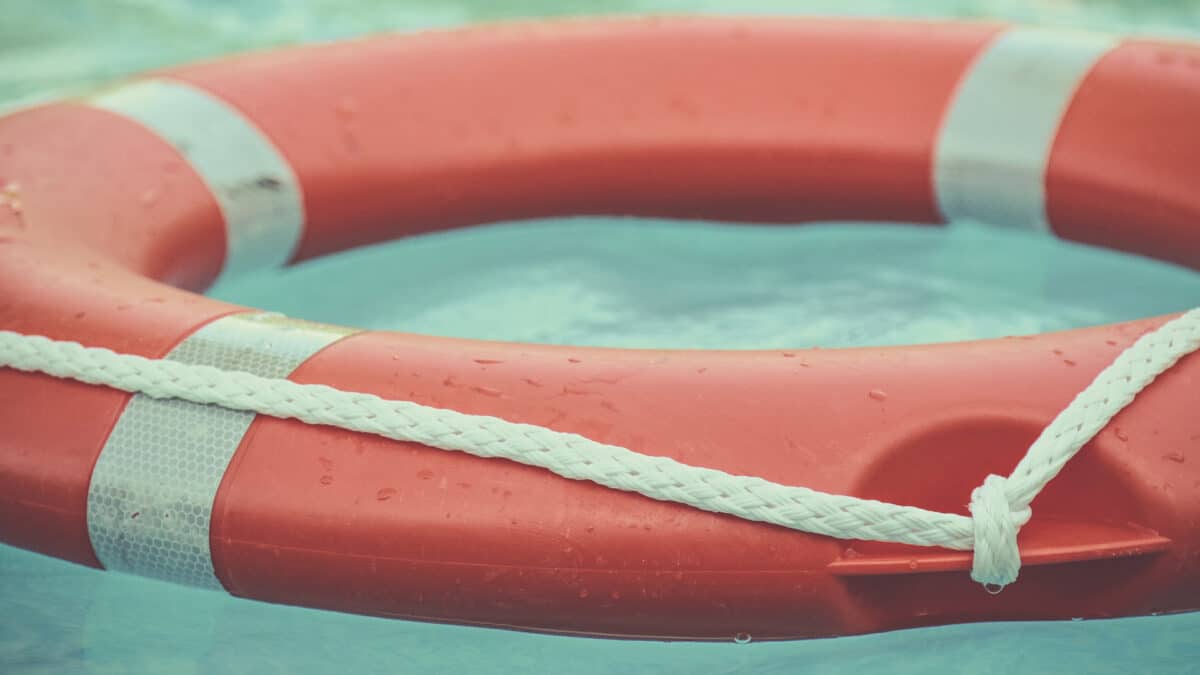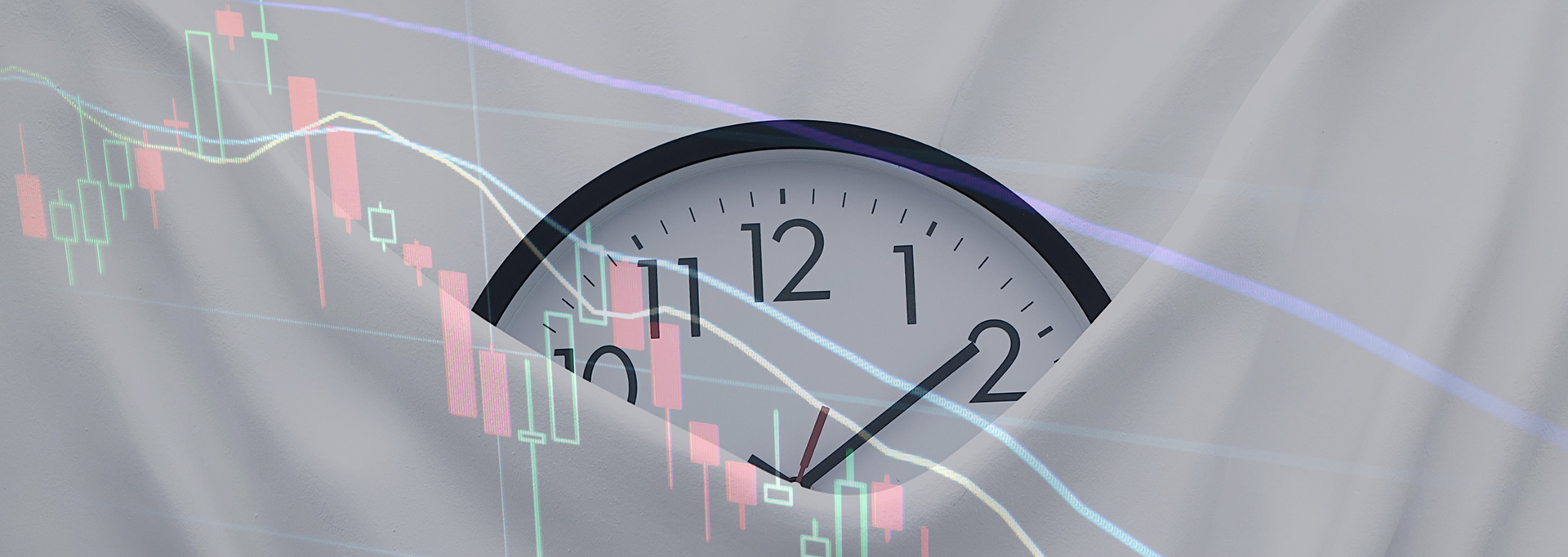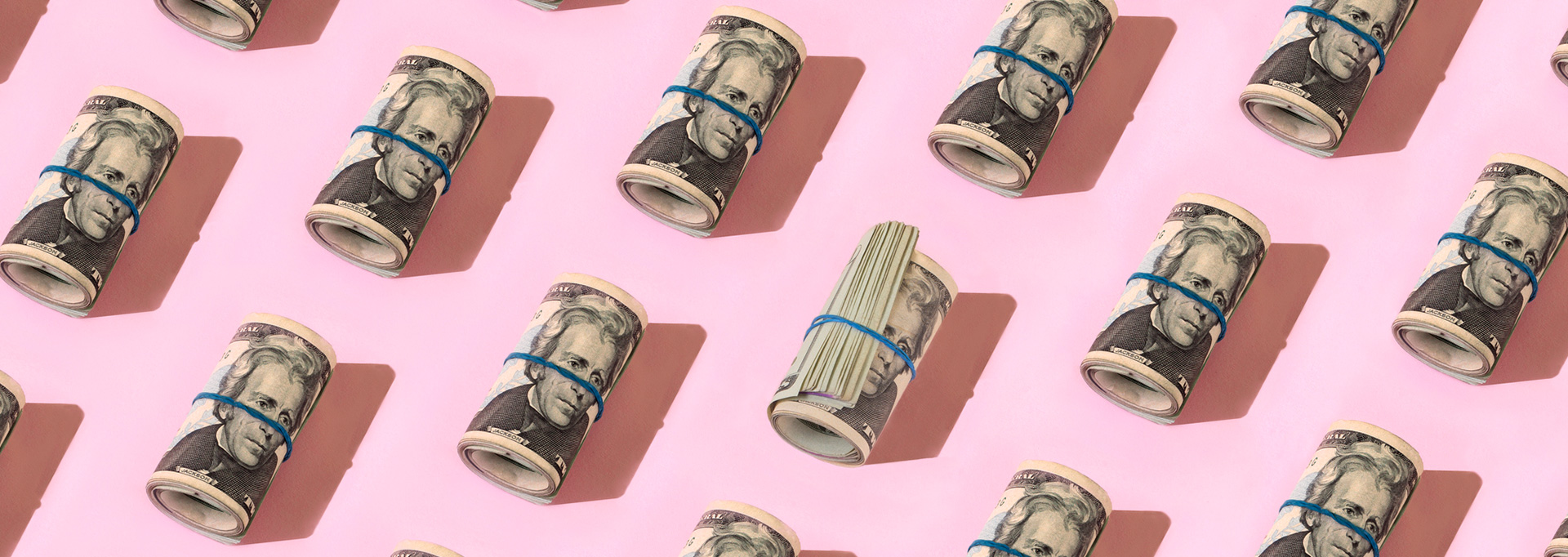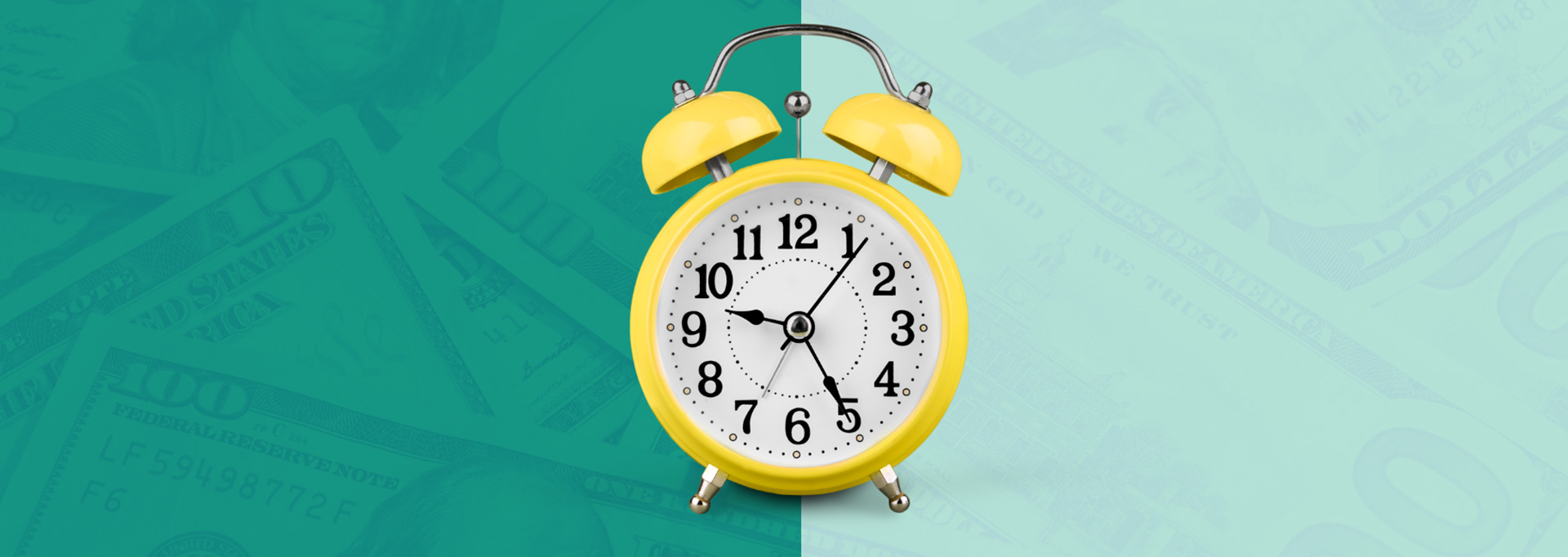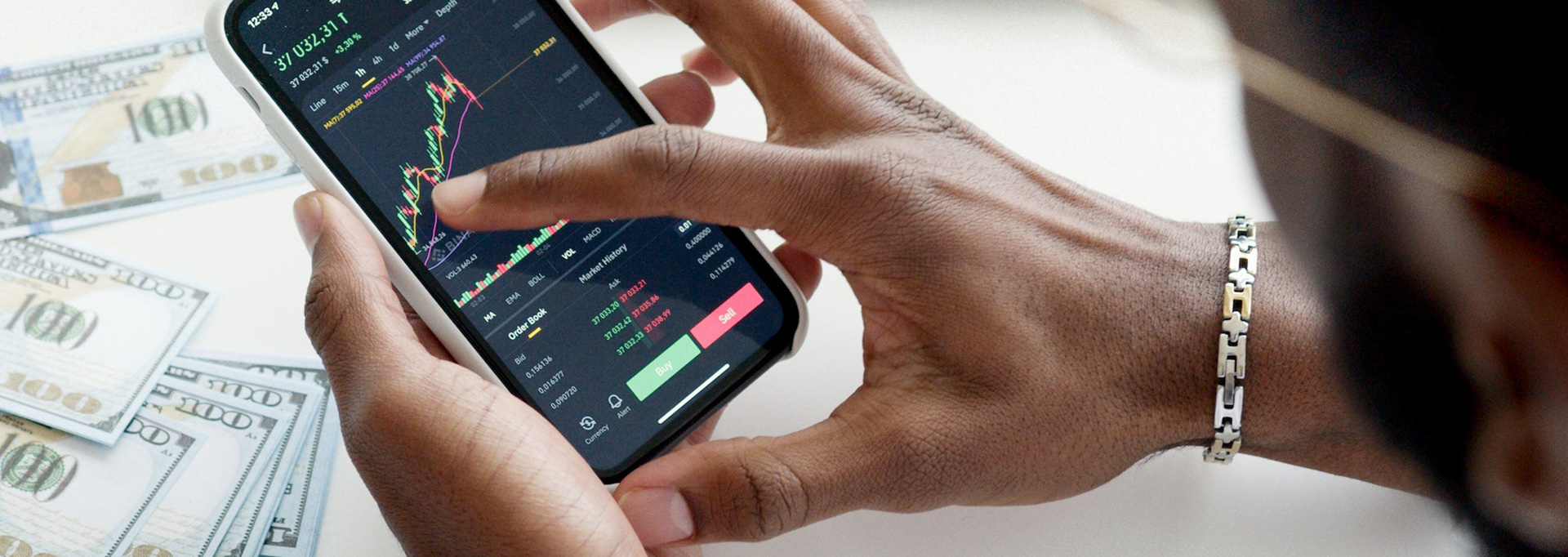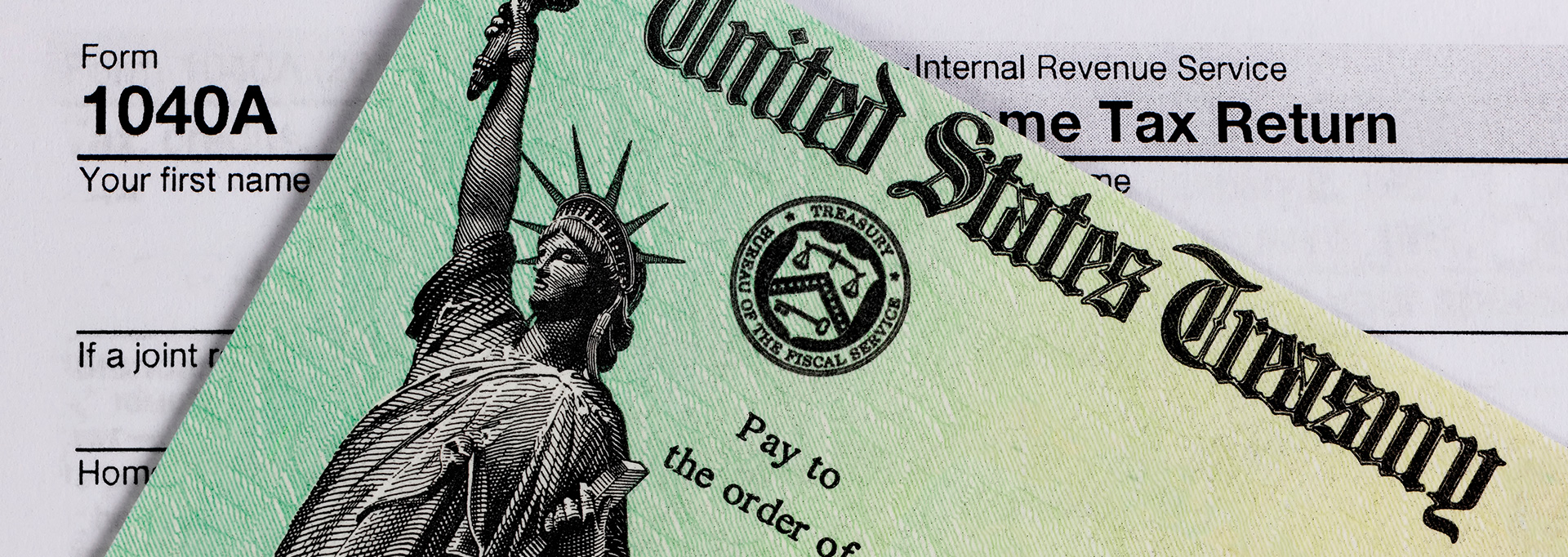Most products on this page are from partners who may compensate us. This may influence which products we write about and where and how they appear on the page. However, opinions expressed here are the author's alone, not those of any bank, credit card issuer, airline or hotel chain.
A certificate of deposit, or CD, can be a good place to save money for many medium- and short-term financial goals. Whether you’re storing cash for a down payment, wedding, vacation or something else, CDs often offer higher interest rates than traditional savings accounts. The trade-off, though, is agreeing not to withdraw your funds for a set period of time. With that unique feature in mind, read on to learn what you might want to use this account type for, when a high-yield savings account could be better and how much money to keep in a CD.
Certificate of Deposit Basics
There’s no clear-cut answer about the amount of money you should keep in a CD because everyone’s financial situation is different. That said, most financial experts don’t recommend using CDs for long-term savings objectives like retirement. So, it’s important to find the right balance where CDs are concerned. CDs can be useful savings tools, but it’s helpful to know how much money you should save in these deposit accounts before you open them.
Deposit too much money into CDs and you risk missing out on potentially higher earnings from other investment vehicles. Or if you store money in CDs that should be in other deposit accounts (like high-yield savings accounts), you risk facing early withdrawal penalties.
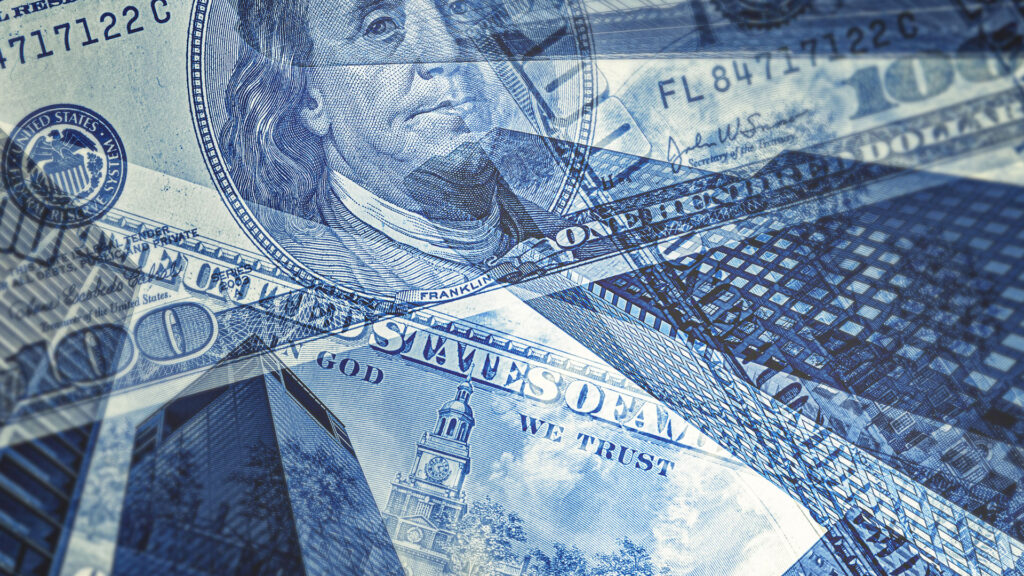 Related Article
Related Article
Best High-Yield Savings Accounts (July 2024)
How Much Money Do You Need in Your Emergency Fund?
A certificate of deposit could be a good place to store some (or perhaps all) of your emergency fund, depending on the type of account you open. Many financial experts recommend saving at least six months' worth of expenses in an emergency fund. The goal is to protect yourself in the event of a job loss, illness or other financial crisis and to avoid the need for emergency loans if disaster strikes.
Some people store their emergency funds in a high-yield savings account (HYSA) or money market account. Others might split their emergency savings between a HYSA and a CD in an effort to get the highest earnings possible.
No-penalty CDs are another option for ab emergency fund. These accounts may allow you to earn a higher annual percentage yield (APY) without worrying about an early withdrawal penalty if you need to access your cash earlier than anticip
Are You Saving for Short-Term or Medium-Term Goals?
CDs can be a good fit when you’re working toward short-term and medium-term savings goals. For example, if you’re putting aside money each month or perhaps at certain times throughout the year—such as when you get a tax refund or work bonus—to save for an upcoming goal, you could put the funds you already have in a CD to help your savings grow at a faster
However, if you’re saving money for a long-term goal like retirement, a certificate of deposit might not be the best home for all of your savings. With CDs, your funds could lose their purchasing power over a long period of time due to inflation. And while you can use CDs as a retirement investment option (such as an IRA CD), it’s a good idea to consult with a trusted financial advisor before you decide to do s
Recommended CD Accounts
| Account | 1-Year APY | 3-Year APY | 5-Year APY | Learn More |
|---|---|---|---|---|
|
|
0.30%
Annual Percentage Yield is accurate as of April 2, 2024. Interest rates for CIT Bank's term CDs are variable and subject to change at any time without notice |
0.40%
Annual Percentage Yield is accurate as of April 2, 2024. Interest rates for CIT Bank's term CDs are variable and subject to change at any time without notice |
0.50%
Annual Percentage Yield is accurate as of April 2, 2024. Interest rates for CIT Bank's term CDs are variable and subject to change at any time without notice |
Open CD |
|
|
4.80% | 4.00% | 3.90% | Open CD |
|
|
5.00% | 4.15% | 4.00% | Open CD |
|
|
4.70% | 3.75% | 3.75% | Open CD |
|
|
4.50% | 4.40% | 4.30% | Learn More |
Are Interest Rates Rising or Falling?
It’s also important to consider the overall state of the economy and how interest rates are behaving when you decide how much money to save in CDs. If interest rates are trending downward, you might want to think about locking in higher CD interest rates while you can take advantage of the higher earnings.
CDs can still be a smart way to save when interest rates are on the rise. But if you lock up too much money in a single CD—especially a long-term CD—you could miss out on the chance to take advantage of higher interest rates when (and if) they increase in the
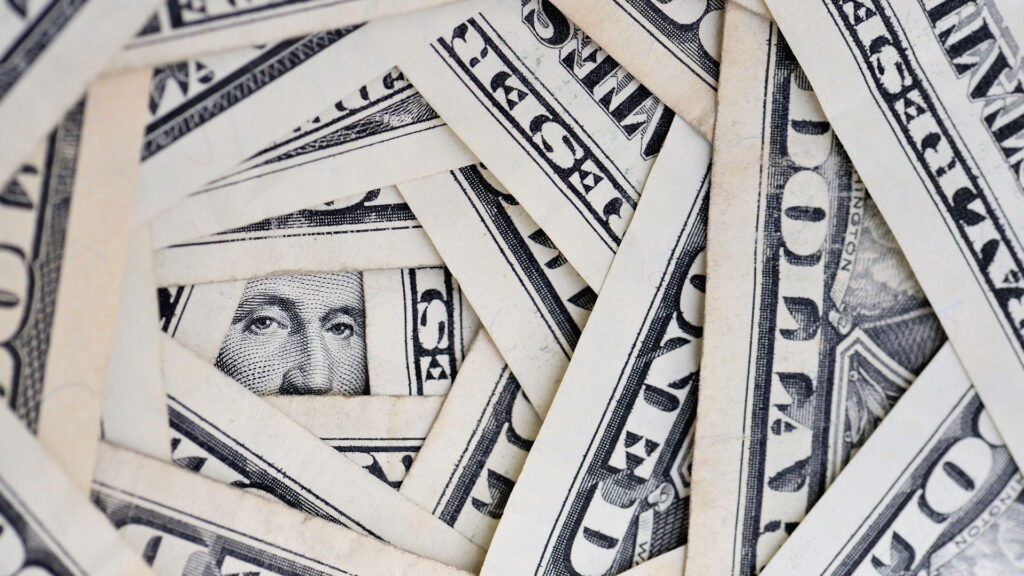 Related Article
Related Article
Why Today’s Experts Recommend Short-Term CDs Over Long-Term Ones
For this reason, many experts recommend a strategy called CD laddering. With a CD ladder, you spread the money you invest in CDs across multiple certificates of deposit with varying maturity dates. You might, for example, put some cash in one-year CDs, two-year CDs, three-year CDs, five-year CDs and so on.
As each CD matures, you have the opportunity to roll a portion of your savings into a new CD. If interest rates are higher at that point, you can take advantage of those elevated APYs. The CD ladder strategy can also help you gain access to your savings periodically (without penalty) in case you need to access those funds for emergencies or to put the money toward other financial g
What Is the Minimum Deposit Requirement?
Banks and credit unions often require you to make a minimum deposit when you open a CD. Some financial institutions may let you open a CD with a minimum deposit of just $500. Others might require a $1,000 minimum deposit. If you’re interested in opening a jumbo CD, you might have to hand over as much as $100,000 to open an account.
Recommended CD With No Minimum Deposit
Keep in mind that CDs you open from banks should be guaranteed by the Federal Deposit Insurance Corporation (FDIC). In the event of a bank failure, the FDIC will cover up to $250,000 of the funds in your account. You can split your savings between multiple financial institutions if you’re worried about exceeding the $250,000
Bottom Line
A certificate of deposit can represent a low-risk way to grow your savings. But if you’re not sure how much of your savings you should put into CDs, it might make sense to have a conversation with a reputable financial advisor for guidance.
Once you’re ready to take advantage of CDs to grow your savings, be sure to shop around for the best CD rates available. It’s also important to search for the right CD terms to help you reach your savin
Explore the Best CD Rates
Visit the Marketplace